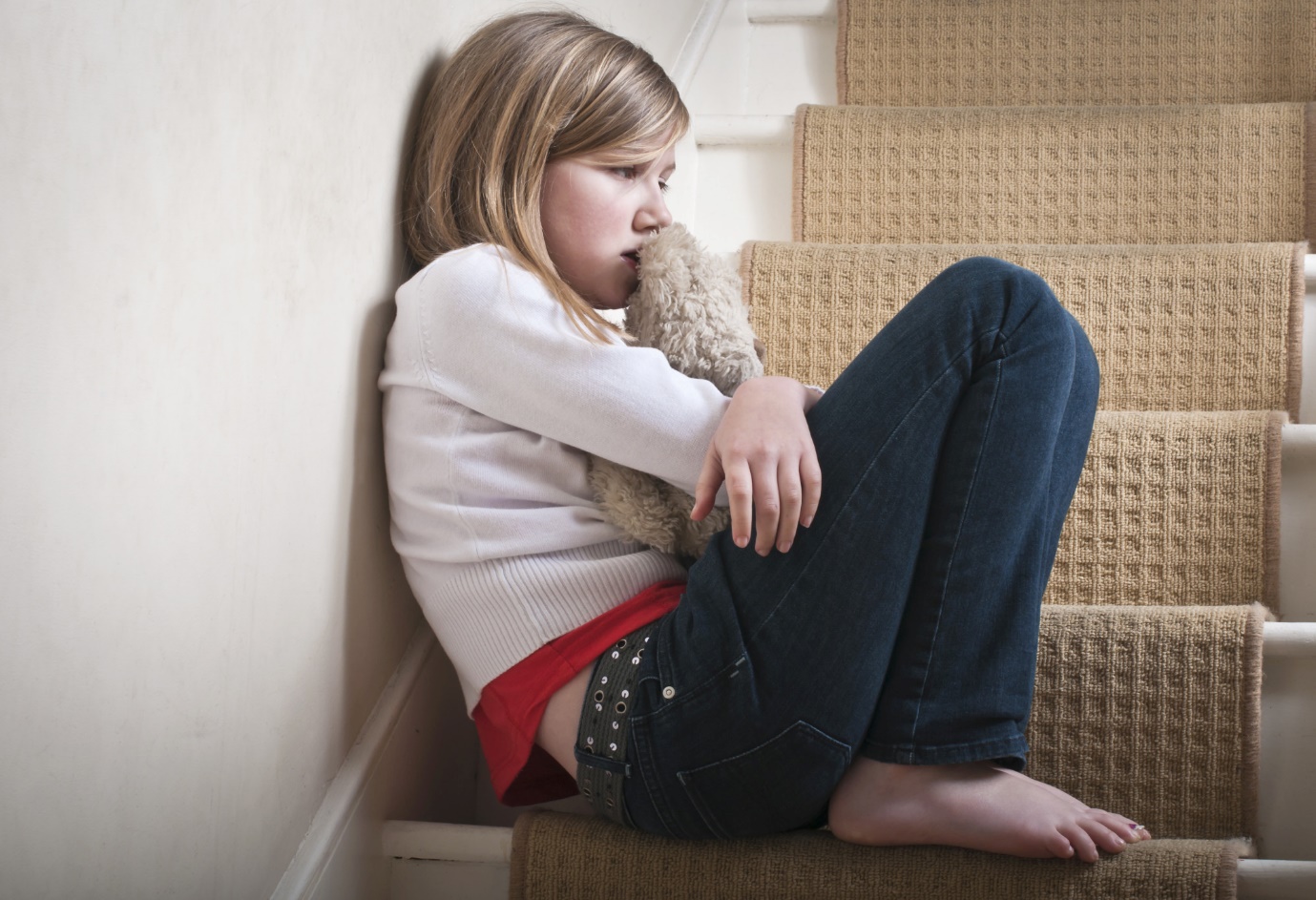One in nine girls and one in 53 boys will experience sexual abuse, according to RAINN statistics. But how can you tell if a child has or is going through such trauma?
Uncovering the signs of sexual abuse can be a sensitive subject, indeed. But, as an adult, you should be aware of them so that you can pinpoint a child in need—especially one who might be too scared to ask you for help.
Familiarize yourself with these eight tell-tale signs of sexual abuse in children. And, with them, do your best to help little ones who may not be brave enough to speak up.
- Sudden Changes in Eating Habits
Children, especially teenagers, need to eat a lot to support their growth. For reference, teenage boys need nearly 3,000 calories a day, while their female counterparts require about 2,200.
So, you’d probably take notice if your child starts to eat less. In teens especially, this can be a sign of sexual abuse.
There are multiple ways that this can manifest, too. Eating less or refusing to eat altogether are two major signs. But if your child struggles to swallow their food, that could also indicate that something traumatic has happened to them.
- Regressive Behaviors
Perhaps the child in question has moved past their younger behavior, such as sucking their thumb or wetting the bed. Recently, though, you’ve noticed that they have started up again. It may be years since they got over such habits, but they’re back in full force.
Such recidivism can be a sign of sexual abuse, too. So, keep an eye out for childlike behaviors that return long after your child has matured past them.
- Refusal to Remove Clothing
When it’s time to get ready for school, take a bath, or change for swim lessons, your child used to slip out of their clothes and into something new without an issue. But now, they won’t take off their clothes at the appropriate or necessary times.
This might not just be a stubborn kid on your hands. You could be seeing one of the signs of sexual abuse in toddlers and children.
- A Close Attachment to You
Your child knows they can trust you. And it’s normal for a little one to be nervous when you leave them with a new grown-up.
However, if your child refuses to be left alone with caregivers or other adults, it might not be their nerves at play. If it’s a certain person who makes them the most nervous, that could be a sign of abuse or a reminder of past transgressions. Otherwise, clinging to you and refusing to be without you can also be a sign that something traumatic has happened to your son or daughter.
- A New, Explicit Vocabulary
You have to give your children the words to describe and understand their bodies. But if you notice that set vocabulary starts to change, then someone else may be talking to your child about their private body parts.
You might also notice that your child’s knowledge of sexual behavior or sexual vocabulary has increased. Older children might drop hints by bringing up sexual topics so that they can talk about what’s on their minds.
In any case, this behavior should raise a red flag. You may want your child to see a therapist learn more about what’s happening to them and how you can help them overcome any lingering trauma.
- Worried While Awake and Asleep
Has your child suddenly become more nervous? Do they seem more fearful about imagined scenarios? It might be because of the stress and trauma that comes with sexual abuse.
Other children deal with this anxiety differently. They might lay awake at night, unable to fall asleep.
Of course, nightmares and sleepless nights keep all of us up from time. But if your child seems to be plagued by such scary thoughts or has trouble dozing off all of the sudden, they might be struggling with something deeper.
- Understands or Mimics Inappropriate Behavior
Younger children might not realize that they have been sexually abused. And that’s why they might start to mimic what has happened to them. So, if you see your child grab a toy use it to mime a sexual act, for example, they might be a victim of similar abuse.
The same goes for how they play with others. Again, they don’t realize it’s wrong, but they might exhibit sexual behaviors when playing with other children. This is a huge red flag—they may have suffered a similar type of abuse.
- Avoiding What They Once Loved
Perhaps your child was a star student. Or maybe they loved their extracurricular activities. Maybe your son or daughter had a huge social circle, with whom they spend most of their time.
If they’ve lost interest in these activities or people all of a sudden, then that’s a sign of sexual abuse, as well. Withdrawing from normal life may be the only way they can deal with their trauma—without the proper therapy and tools.
Know the Signs of Sexual Abuse
Whether you’re a parent, sibling, teacher, or caretaker, you care about the children in your charge. And that’s why you should know the signs of sexual abuse—you never know who you will be able to help.
These are only a handful of the many signs children exhibit when they have been abused. Learn more about what you can expect from toddlers, children, and teens here.
And don’t forget to check back with us for all of the latest news and advice.







